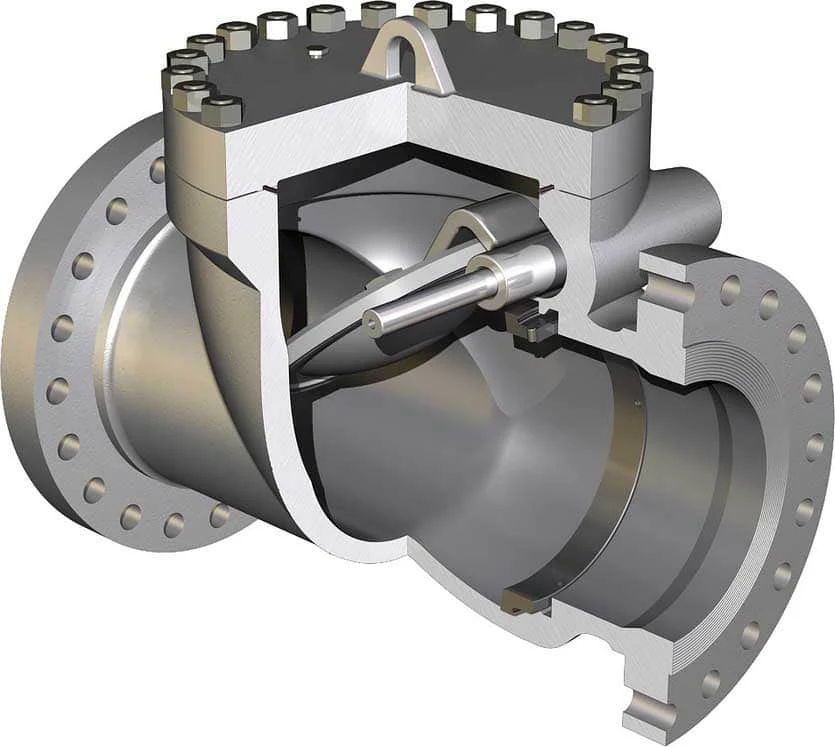
The swing check valve is a high-performance non-return valve designed for robust backflow prevention in industrial pipelines, ensuring unidirectional flow for water, oil, gas, and chemical systems.
The swing check valve is a high-performance non-return valve designed for robust backflow prevention in industrial pipelines, ensuring unidirectional flow for water, oil, gas, and chemical systems.
Swing check valves are among the most widely used types of check valves. They ensure reliable one-way flow, preventing backflow with a simple and robust design. The swinging disc offers minimal resistance and allows full, unobstructed flow.
A swing check valve consists of a body, a bonnet, and a hinged disc. The disc swings away from the seat to permit forward flow, and returns to the seat when upstream flow stops, automatically preventing backflow.
The Swing Check Valve is a high-performance non-return valve designed for robust backflow prevention in industrial pipelines, ensuring unidirectional flow for water, oil, gas, and chemical systems. Featuring a hinged disc that swings open with forward flow and closes automatically against reverse flow, this valve protects pumps, compressors, and piping from damage caused by backpressure. Constructed from durable materials like ASTM A216 WCB carbon steel, ASTM A351 CF8M stainless steel, or ductile iron, with optional coatings such as epoxy or 3LPE, it offers exceptional corrosion resistance, making it ideal for backflow prevention valve applications in oil and gas, water treatment, and power generation industries.
Compliant with API 594 for check valves and ASME B16.34 for manufacturing, the swing check valve is available in sizes from 2" to 60" (DN50 to DN1500) with flanged, wafer, or butt-weld end connections per ASME B16.5 and B16.25. It supports pressure ratings up to PN40 (ANSI Class 150-600) and temperatures from -29°C to 425°C, with seat options like metal-to-metal for high temperatures or resilient EPDM/Viton for bubble-tight sealing in low-pressure systems. The full-bore design minimizes pressure drop (Cv values up to 15,000), optimizing flow efficiency in high-throughput industrial flow control applications. Certifications such as API 6D for pipeline valves, NSF 61 for potable water, and NACE MR0175 for sour service ensure versatility and reliability.
The valve’s robust construction includes a one-piece body and a heavy-duty hinge pin, reducing leak paths and ensuring durability under high-pressure conditions. Its corrosion resistant swing valve properties are enhanced by coatings that protect against rust, chlorides, and abrasive media, extending service life up to three times longer than uncoated valves in harsh environments like seawater or chemical processing. Rigorous testing per API 598, including hydrostatic shell tests at 1.5x rated pressure and seat leakage verification, confirms zero-leakage performance, while nondestructive examinations (RT, UT, MT) ensure structural integrity. With tensile strengths above 485 MPa, the valve withstands cyclic loading and thermal cycling in non-return valve duties.
Compared to dual-plate or lift check valves, the swing check valve offers a simpler design with lower maintenance needs, particularly in large-diameter, high-flow systems. Its gravity-assisted or spring-loaded disc ensures reliable closure without external actuation, reducing operational costs in backflow prevention valve setups. Optional features like renewable seats, soft seals for low-pressure applications, or extended bonnets for high-temperature insulation enhance adaptability for petrochemical refineries, HVAC systems, and marine pipelines. The valve’s ability to handle viscous fluids and slurries without chattering makes it a preferred choice for demanding applications.
Addressing challenges like backflow contamination, pipeline erosion, and equipment failure, the swing check valve incorporates a robust hinge mechanism and durable seals to ensure long-term performance. Its compatibility with global flange standards (ANSI, DIN, JIS) and coatings like FBE or PTFE ensures applicability in diverse environments, from buried pipelines to offshore platforms. Whether preventing reverse flow in boiler feed systems or protecting municipal water lines, the Swing Check Valve delivers cost-effective, reliable industrial flow control with minimal maintenance for global industrial operations.
Engineered for robust backflow prevention with durable materials and low-maintenance design.
Check valves are essential components that ensure safe and efficient operation of fluid systems by controlling flow direction and preventing backflow.
Permits fluid flow in one direction and automatically closes to prevent backflow in the opposite direction.
Uses hinged or spring-loaded flaps, discs, or pistons that open with forward flow and close with backflow.
Includes swing, lift, ball, and diaphragm check valves, each suited for different applications and conditions.
Widely used in water, wastewater, oil & gas, HVAC, and many other industrial applications.
Helps avoid sudden pressure surges caused when fluid flow is abruptly stopped.
Simple and reliable design ensures long-term efficiency with minimal upkeep.
Check valves are one-way valves that allow fluid to flow in a single direction and automatically prevent backflow. They are widely used in pipelines to protect pumps, piping, and other equipment. Backflow preventers apply additional pressure to ensure water flows only one way, providing extra protection for drinking water systems.
Allows fluid to flow in one direction and automatically prevents backflow.
Protects pumps, piping, and other equipment.
Check Valve: Simple, hinged or spring-loaded disc.
Backflow Preventer: Uses pressure and fail-safes to protect drinking
water.
Hinged disc swings open to allow forward flow and closes to prevent backflow.
Low turbulence and low pressure drop.
Piston or ball lifts from the seat to allow flow.
Suitable for high-pressure and high-velocity systems; can be installed horizontally or
vertically.
Ball Check, Butterfly Check, and Tilting-Disk Check valves.
Each design is optimized for specific applications and conditions.
- Unidirectional flow control
- Low maintenance
- Prevents water hammer
- Wide range of sizes & materials
- Versatile in water, oil, gas, and HVAC systems
| Feature | Check Valve | Backflow Preventer |
|---|---|---|
| Primary Function | Allows flow in one direction; prevents reverse flow automatically | Prevents contamination of drinking water; ensures flow only in one direction using pressure & fail-safes |
| Mechanical Design | Hinged disc, flap, piston, or ball opens with flow and closes with backflow | Multiple valves, check mechanisms, or air gaps to enforce one-way flow |
| Application | Pipelines, pumps, HVAC, water & wastewater, oil & gas | Potable water supply, irrigation, hospitals, schools, commercial buildings |
| Pressure Handling | Medium to high pressure; depends on valve type | High reliability; designed for pressurized systems to prevent contamination |
| Maintenance | Low; simple design, few moving parts | Moderate; more components, periodic inspection recommended |
| Reliability | Good for general use; may fail under extreme conditions | Highly reliable; multiple fail-safes for drinking water protection |
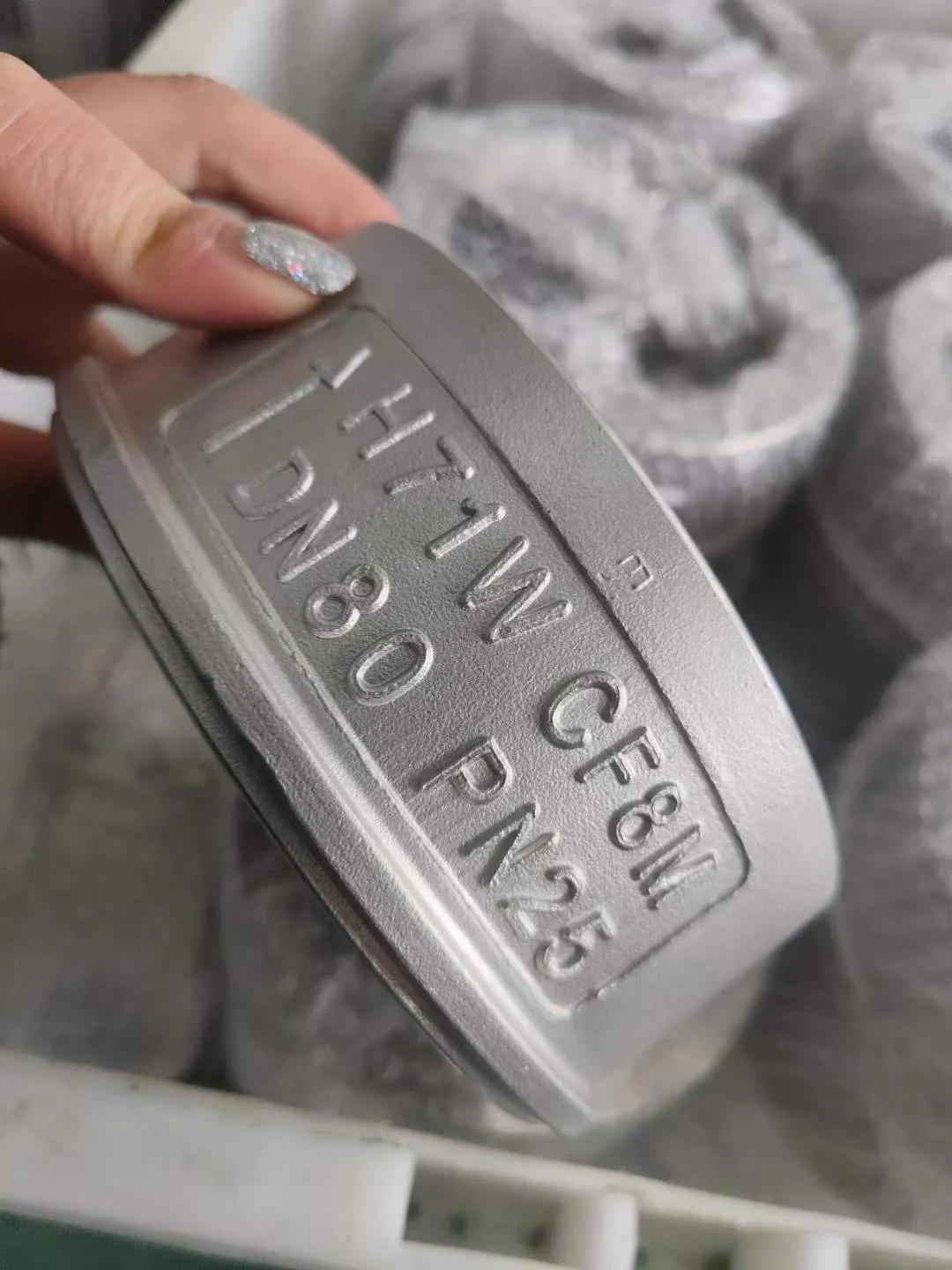
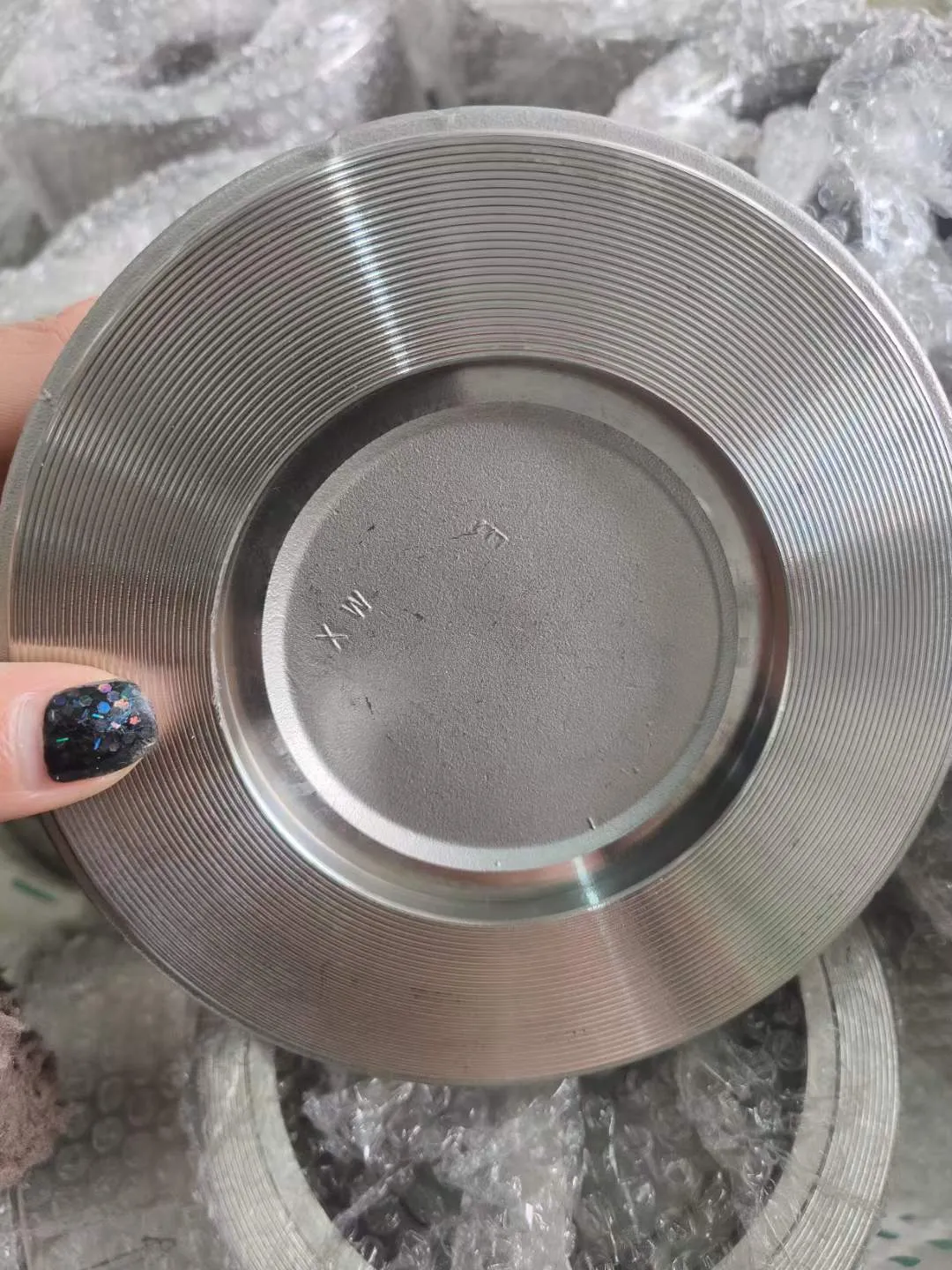
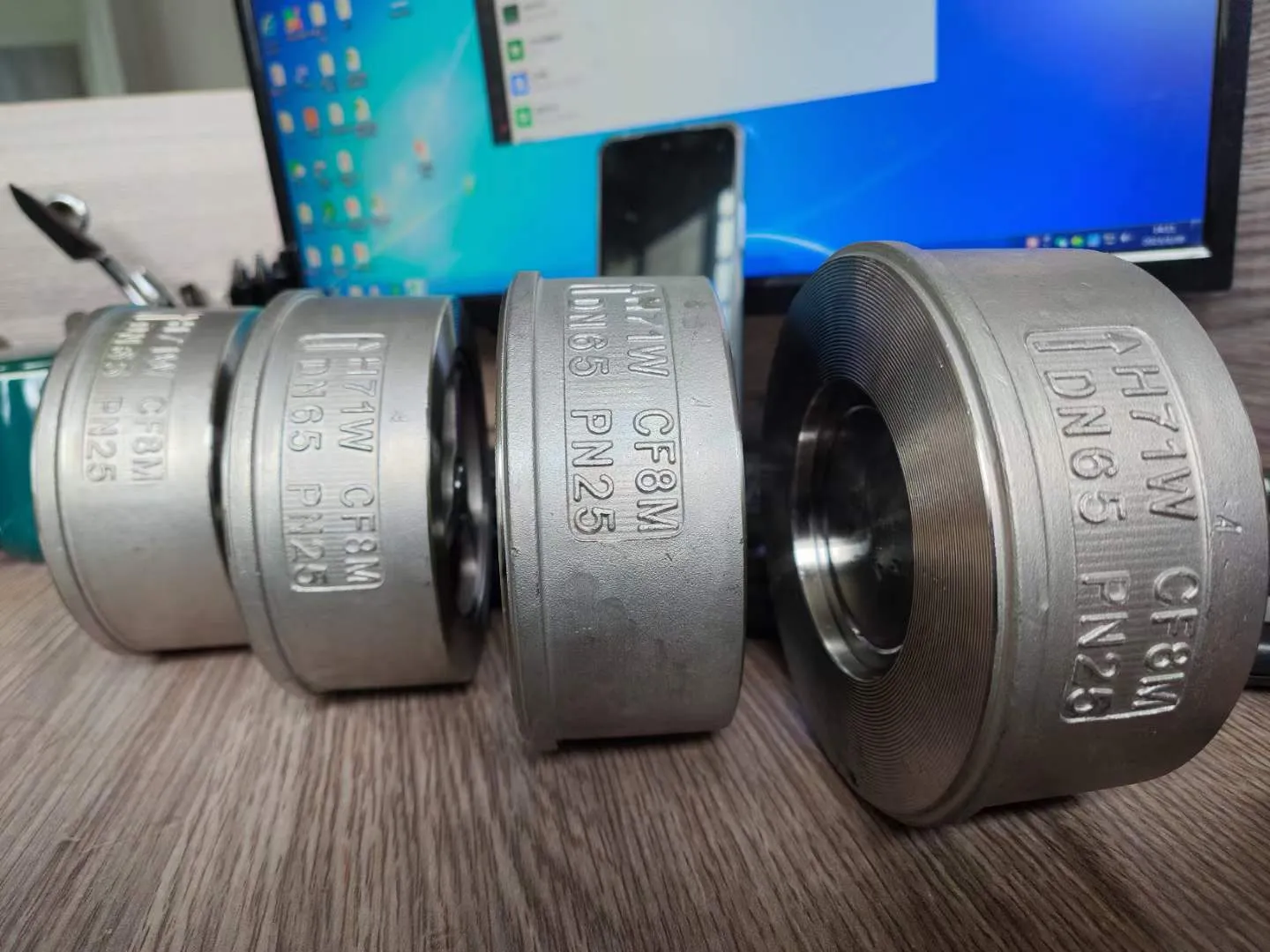
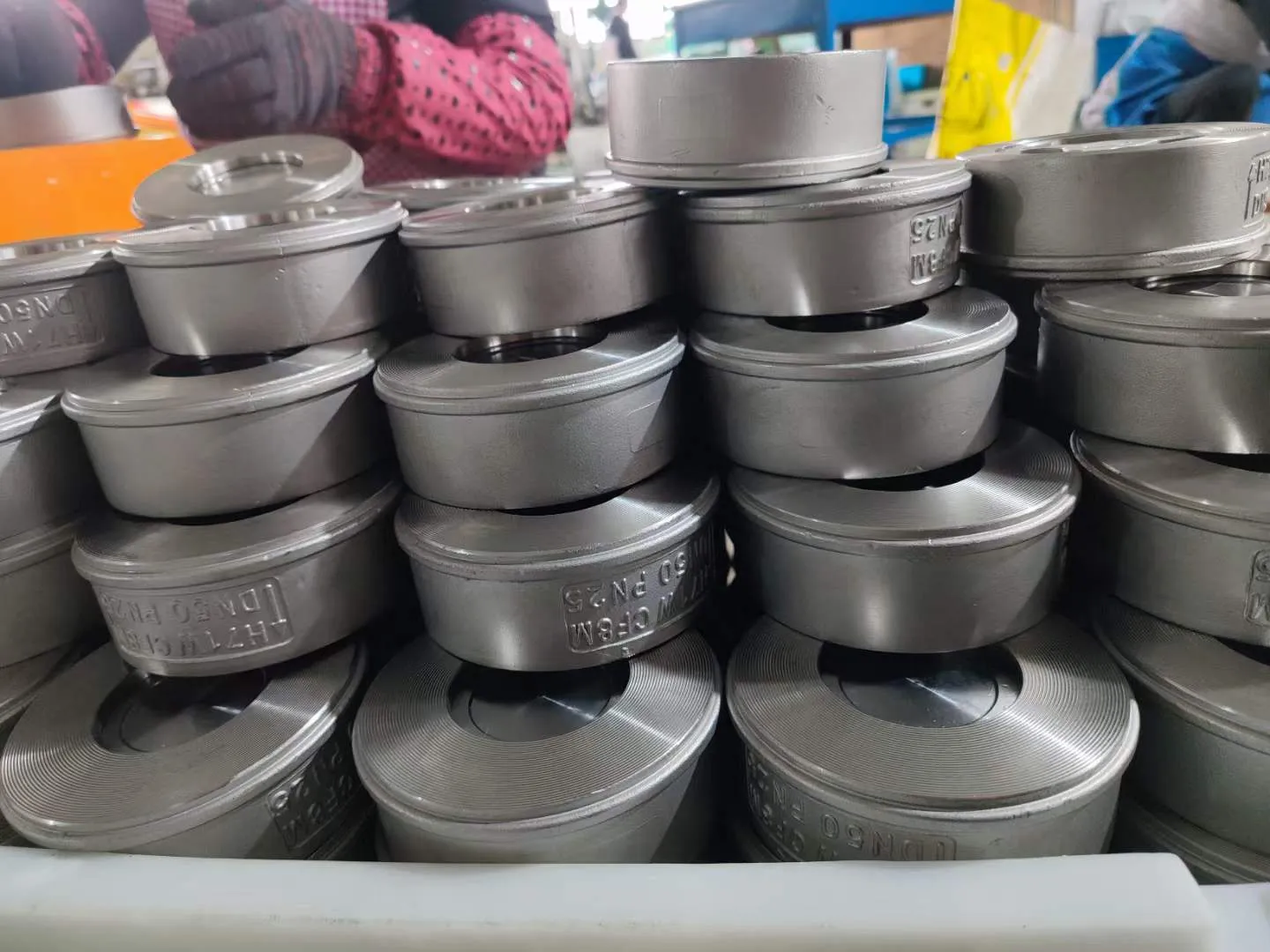

| Organization | Standard | Description |
|---|---|---|
| ANSI | American National Standards Institute | General industrial standards |
| API | American Petroleum Institute | Standards for oil and gas industry |
| ASME | American Society of Mechanical Engineers | Boiler and pressure vessel codes |
| BS | British Standards | UK national standards |
| GB, JB, HG | China Valve Standards | Chinese national and industry standards |
Upstream, midstream, and downstream operations, including drilling, refining, and transportation.
Handling corrosive and hazardous chemicals in various chemical plants.
Steam, water, and fuel systems in thermal, nuclear, and hydroelectric plants.
Municipal water supply, wastewater treatment, and industrial water management.
Heating, ventilation, and air conditioning systems in commercial and industrial buildings.
Sterile and hygienic applications, precise flow control in sensitive industries.
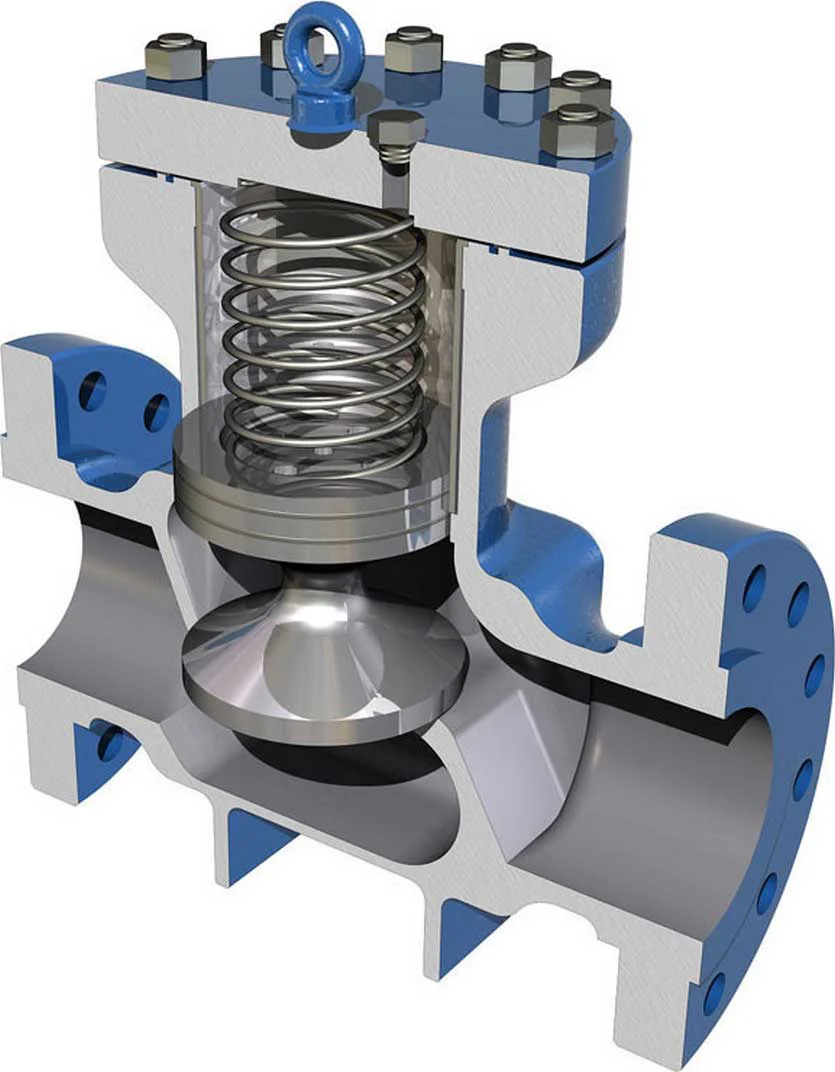
The lift check valve ensures reliable backflow pre...
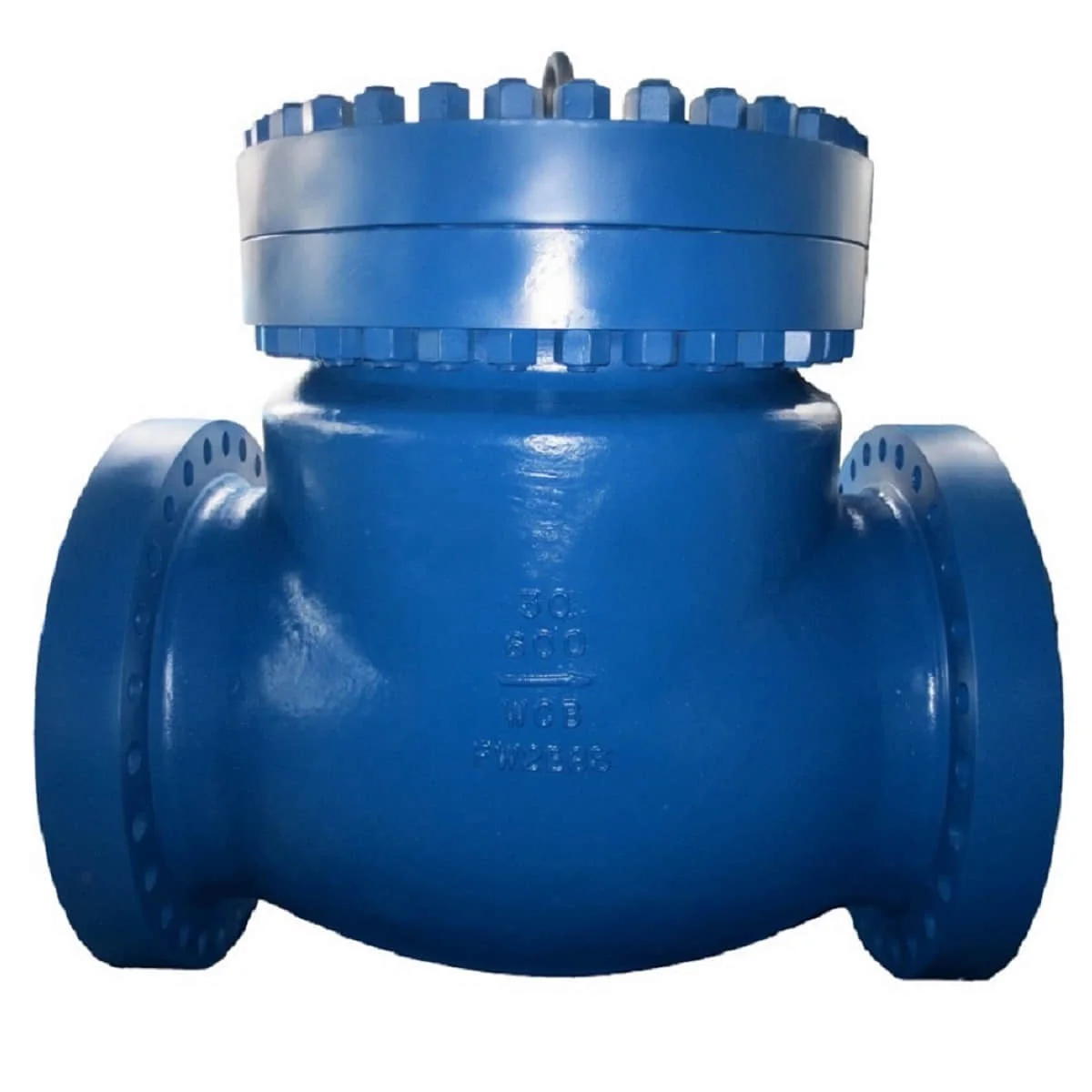
Upon encountering a specified flow rate, the disc ...
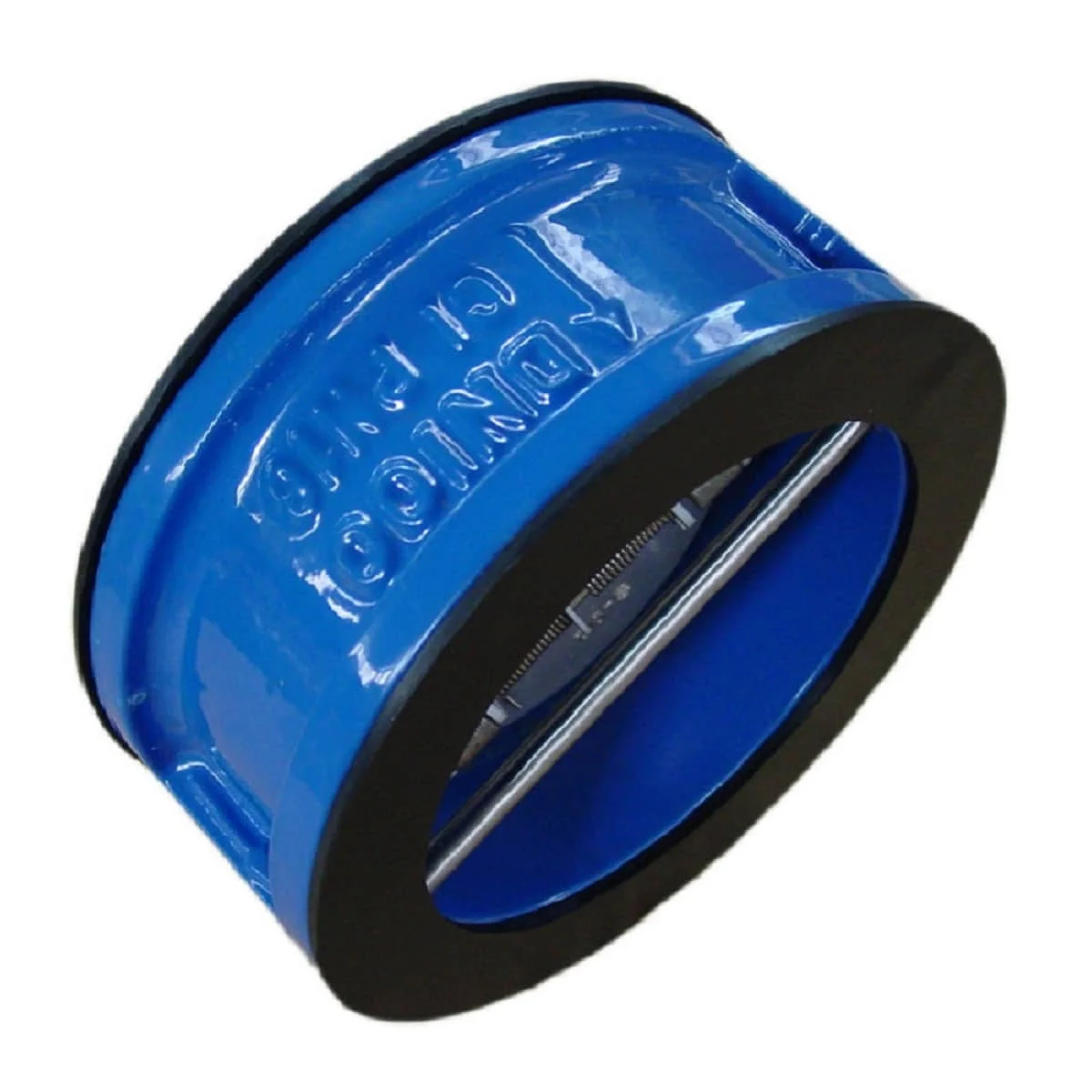
The rubber seal dual plate check valve provides ef...
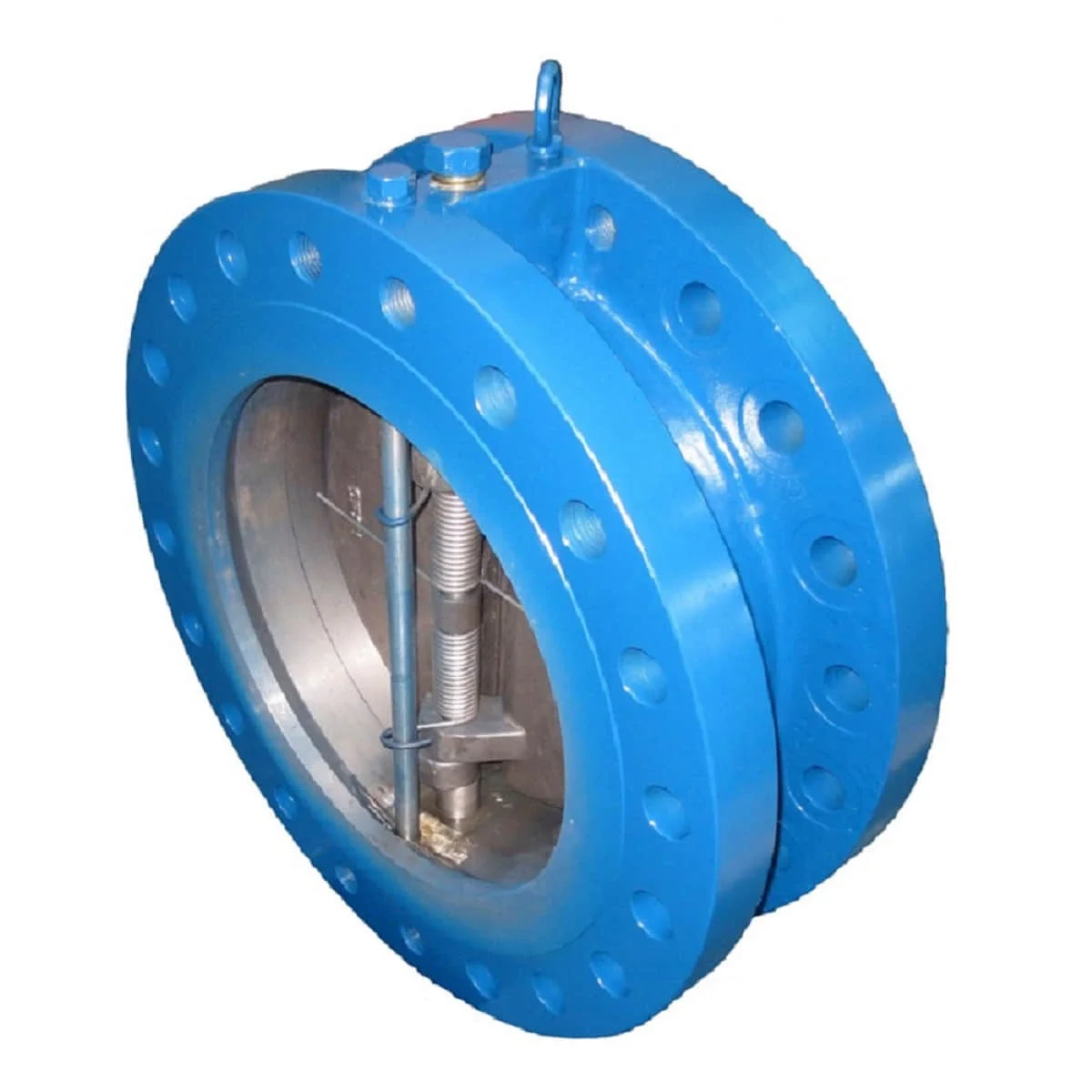
The wafer flange dual plates check valve ensures e...
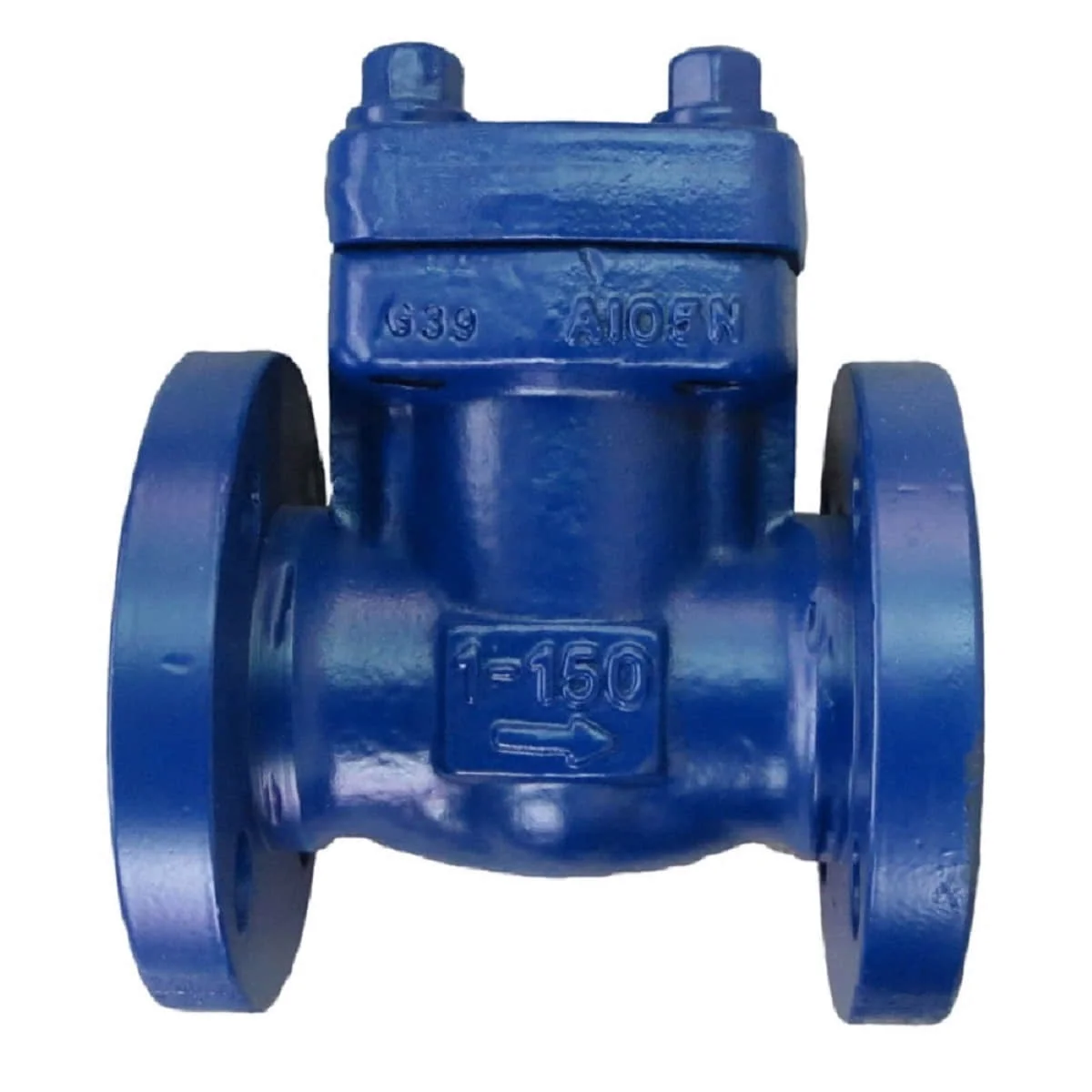
The forged lift piston check valve ensures reliabl...